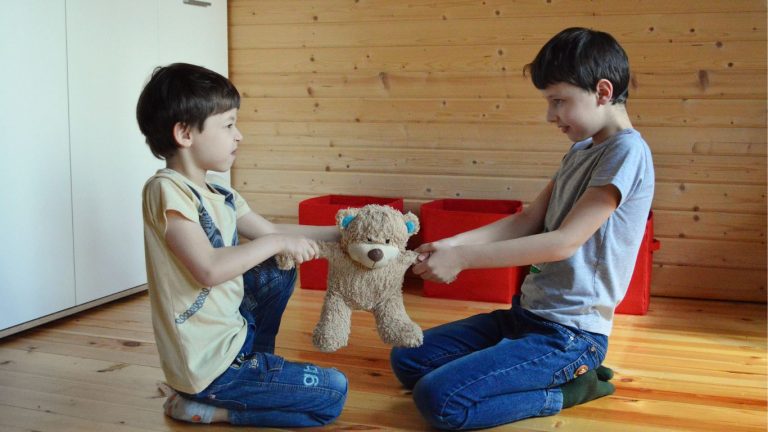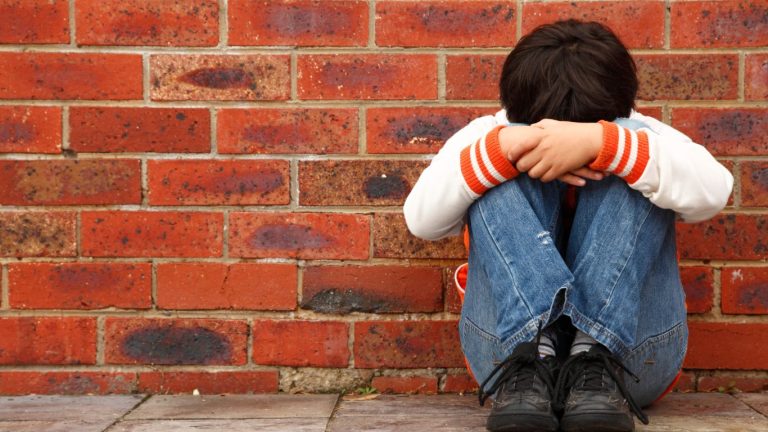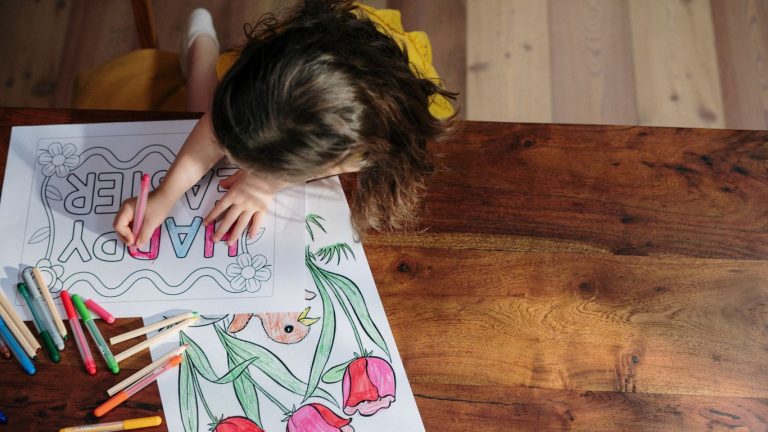On Friday I gave a presentation to learning support staff and some educational psychologists around transitioning young people between schools. The process of thinking about what it means to be changing schools took me right back to being 12 years old. The fear of knowing no one at my new school, the uncertainty, the excitement – was that really 40 years ago?
Not very different feelings had by the 70 young people who told me this year they felt changing schools was “scary, very stressful, nerve wracking, intimidating” as well as being “exciting and happy” for others while a few felt “sad or nothing at all”.
Why?
On the down side the most common reasons given covered things like
- Getting lost
- Being a loner
- Being bullied
- Strict teachers
- Moving classes
- Such a big change
- Detentions and rules
- Meeting new people
- Failing – the work being too hard
- The homework / the tests / the deadlines
On the up side they looked forward to
- Meeting new friends
- The sports
- Having different teachers
- Different subjects
- New activities
- An opportunity to start over / a fresh start
Given the long list of very reasonable fears I wondered if we do enough to teach the skills needed to cope with change – not just expecting young people to know how it’s done.
Encourage the “merge like a zip” transition where you as parents (and teachers) speak positively about the new school and your child’s ability to adapt to it. Too often people say things like “just wait until you get to high school then you’ll know what hard work is”. What this does is create fear that the work will be too challenging and too hard. We don’t say that when they go from Year 7 to Year 8 and there is no need to say it now.
I’m a great believer that conversations around change that empower our children to find their own solutions are a great way to start. Build on the strengths your child already uses to go to school each day and find ways to ensure the new school can be seen as a positive change.
Brainstorm together and include your teacher if you can, ways that you might create some positive pathways into a new school.
What might help if your child is scared?
- Visit on an open day and see the school in action. Get shown around by the Year 9s
- Invite older students to visit, talk and share their tips for getting the most out of school
- Ask your local school to get Peer or mentor programmes started in Year 8
- Ask a Dean, Counsellor, SENCO or prefects into school for question and answer sessions
- Get sports / music / club and culture reps in too to talk about how to join up. Teachers tell me all new students should get involved in at least one club or sport in Year 9 as it is a great way to meet friends and get involved in your new school.
Worried about the work being too hard?
- Talk to year 9 students you know about managing homework, text books, studying and timetables
- Ask for tips on using a diary or device to manage homework and keep track of deadlines
- Have subject teachers in to your local school to talk about the support available in their subjects and how you access it
- Learn about time management and organisation
- Talk about what it means to be an internal rather than an external learner
- Role plays how to ask for help at school in class when your child does not know how to do something.
Nervous about being bullied?
- Have the Peer tutoring systems start in Term 4 Year 8. Start building relationships now
- Ask if Secondary school counsellors can visit local schools and talk through th
e process’s in place to support your child and how they can make an appointment
- Role play the scenario’s your child fears – what might they say and do?
- Ask if student reps from all the activities available at the new schools visit with flyers on how to join
- Let the new school know if there has been a problem with another student in advance.
These are just a few ideas – you’ll come up with many more I am sure. My point is teach your child that change is really just a challenge. Our challenge as parents and teachers is to empower our young people to create their own solutions and being actively involved of how they might do that.
If your young one has special needs I will cover their transition in greater detail next month.
Keep on cheering from the side-lines, Julie Mulcahy






